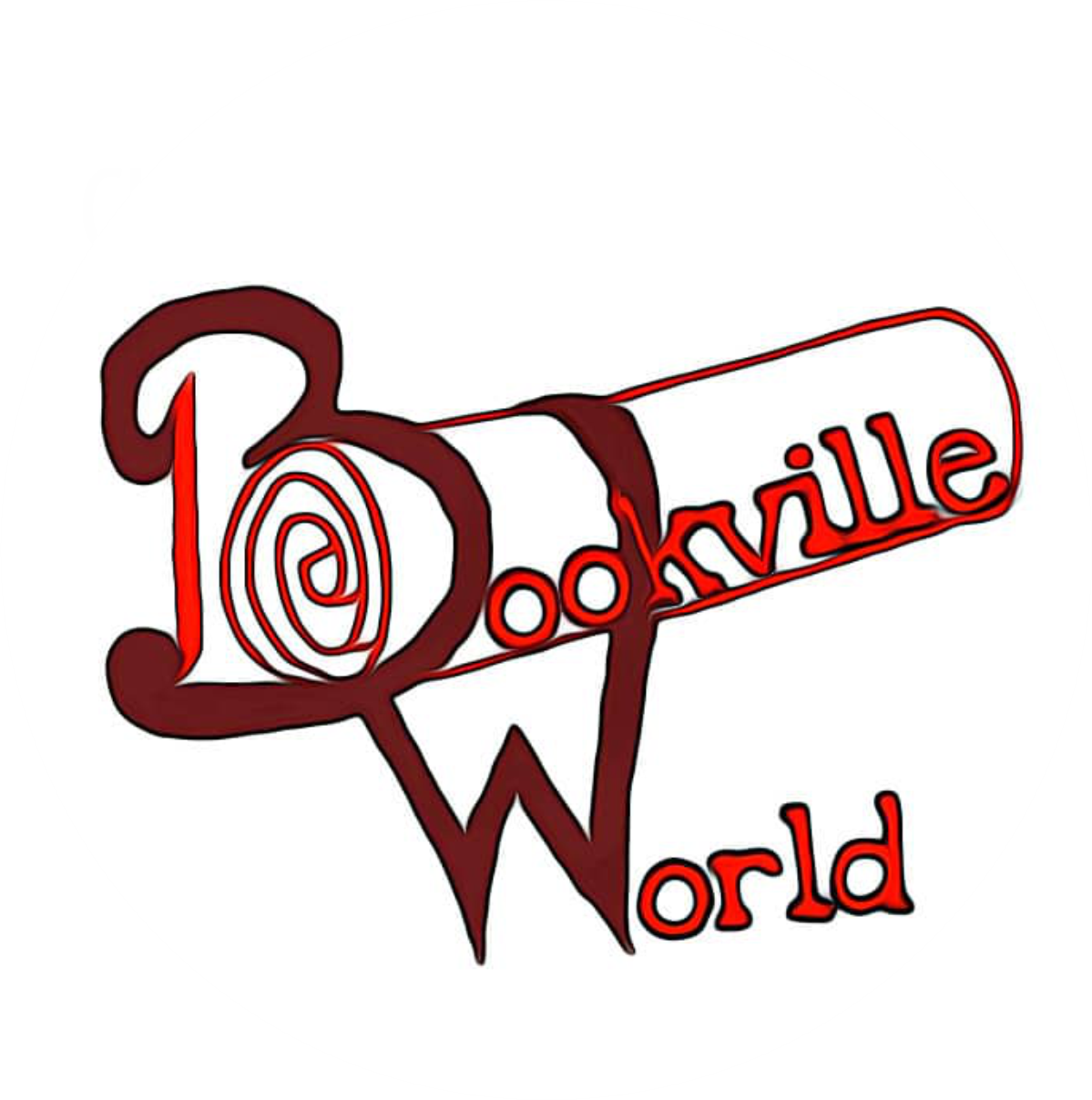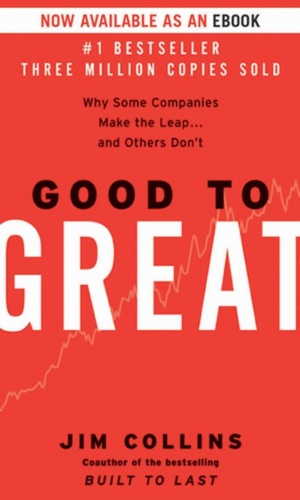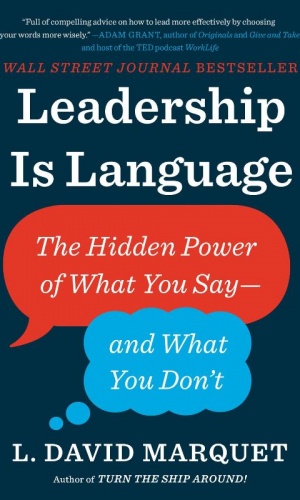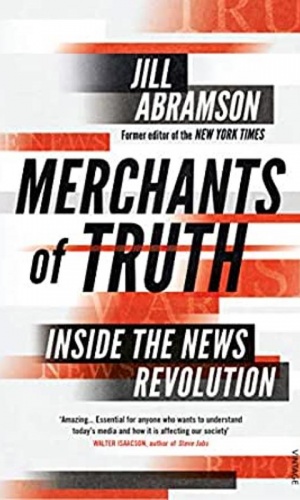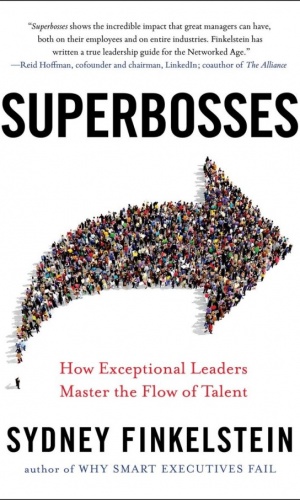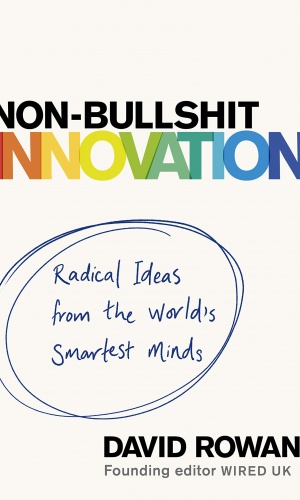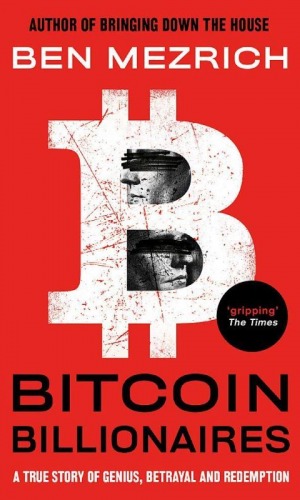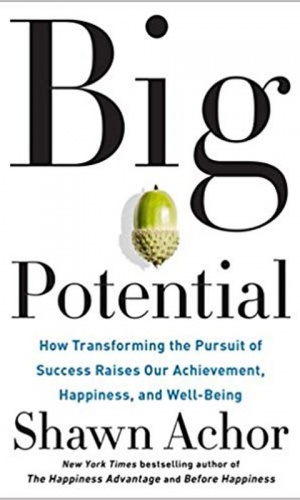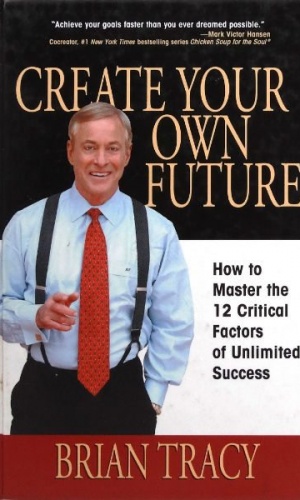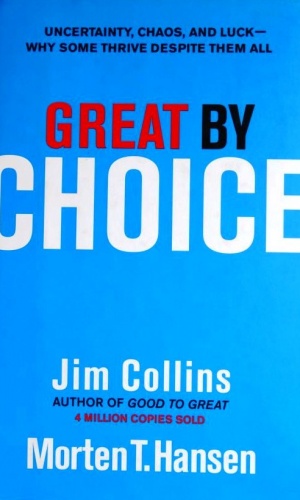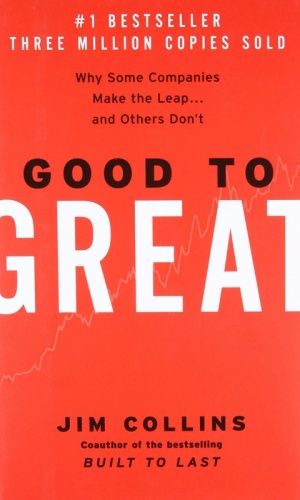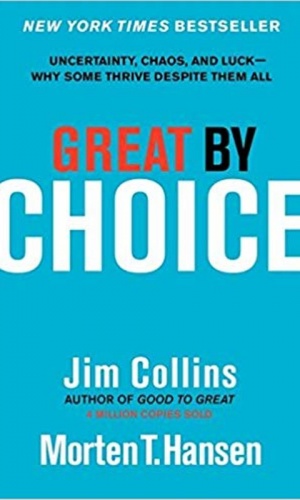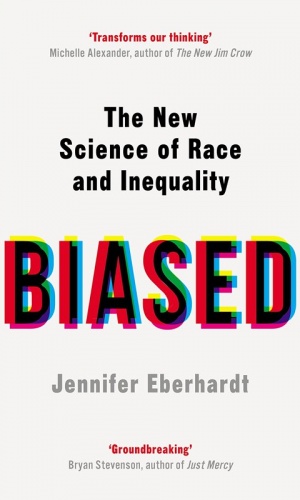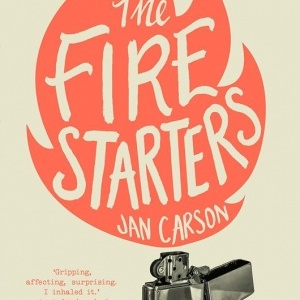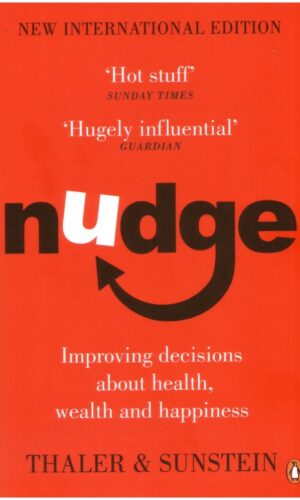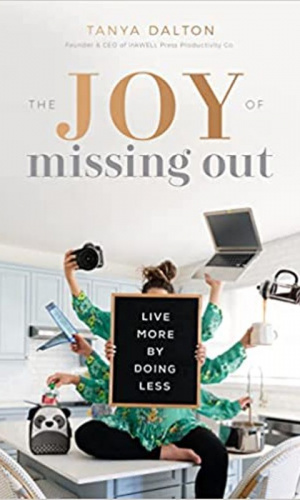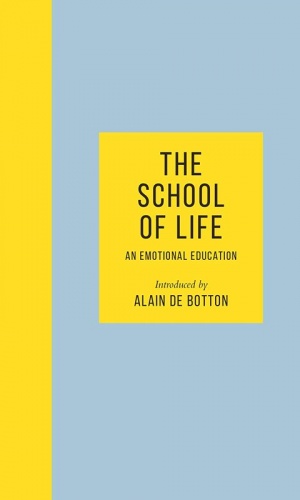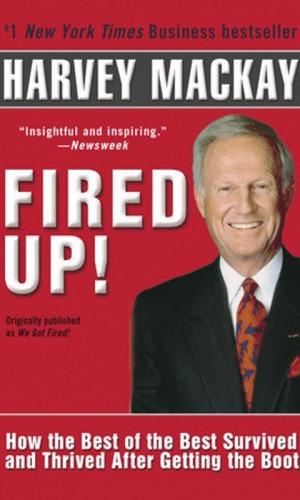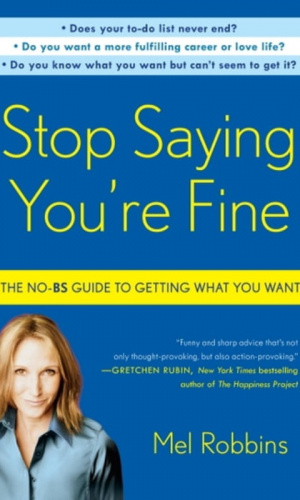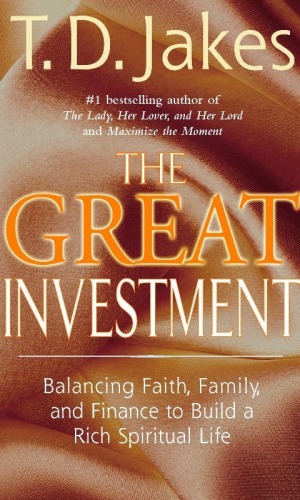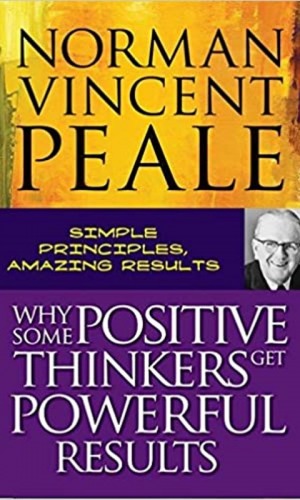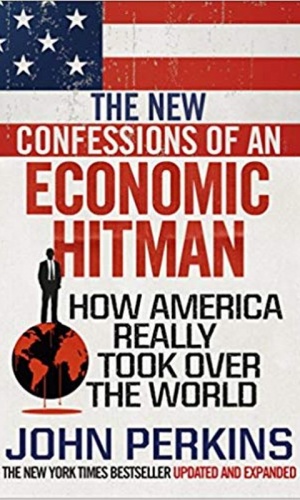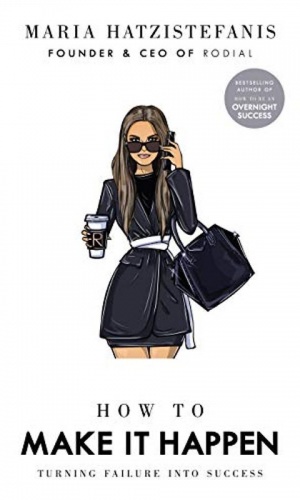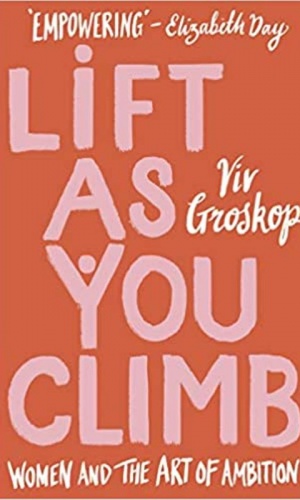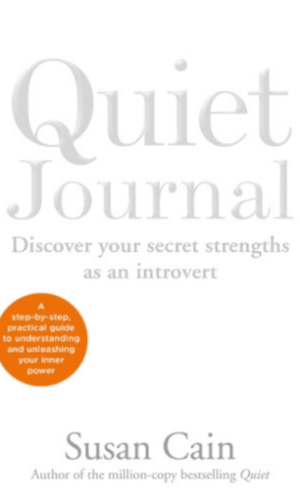-
Merchants of Truth
The last decade has seen the News industry face unprecedented change. The sometimes-century old institutions which were once the bastions of truth have had their dominance eroded by vast innovations in viral technology and, as millennial appetites force the industry to choose between principles of objectivity and impartiality, the survivors must confront the horrifying cost of their success: sexual scandal, fake news, the election of President Trump and the shaking of democracy.
₦6,200 -
Superbosses
How Exceptional Leaders Master the Flow of Talent.
“Superbosses is the rare business book that is chock full of new, useful, and often unexpected ideas. After you read Finkelstein’s well-crafted gem, you will never go about leading, evaluating, and developing talent in quite the same way.??Robert Sutton, author of Scaling Up Excellence and The No Asshole Rule
?Maybe you?re a decent boss. But are you a superboss? That?s the question you?ll be asking yourself after reading Sydney Finkelstein?s fascinating book. By revealing the secrets of superbosses from finance to fashion and from cooking to comic books, Finkelstein offers a smart, actionable playbook for anyone trying to become a better leader.??Daniel H. Pink, author of To Sell Is Human and Drive
A fascinating exploration of the world?s most effective bosses?and how they motivate, inspire, and enable others to advance their companies and shape entire industries, by the author of How Smart Executives Fail. A must-read for anyone interested in leadership and building an enduring pipeline of talent.
₦6,250 -
Non-Bullshit Innovation
‘In this remarkable book, David Rowan tells a story of transformation: how an organisation has found a new way of doing things through innovation driven by ruthless entrepreneurial imagination. What is especially useful is that he does not just stick with small startups, let alone dreamy “inventors”. He finds innovation in big companies and even within governments.’ – Matt Ridley, The Times
₦6,300 -
Bitcoin Billionaires
Ben Mezrich’s 2009 bestseller The Accidental Billionaires is the definitive account of Facebook’s founding and the basis for the Academy Award–winning film The Social Network. Two of the story’s iconic characters are Harvard students Tyler and Cameron Winklevoss: identical twins, Olympic rowers, and foils to Mark Zuckerberg. Bitcoin Billionaires is the story of the brothers’ redemption and revenge in the wake of their epic legal battle with Facebook.
Planning to start careers as venture capitalists, the brothers quickly discover that no one will take their money after their fight with Zuckerberg. While nursing their wounds in Ibiza, they accidentally run into an eccentric character who tells them about a brand-new idea: cryptocurrency. Immersing themselves in what is then an obscure and sometimes sinister world, they begin to realize “crypto” is, in their own words, “either the next big thing or total bulls–t.” There’s nothing left to do but make a bet.
₦6,300 -
7 STRATEGIES FOR WEALTH & HAPPINESS
You don’t have to choose between wealth and happiness—they spring from the same fountain of abundance. With this book, you’ll discover the seven essential strategies you need for success
₦6,300 -
Big Potential
Small Potential is the limited success we can attain alone. BIG Potential is what we can achieve together. Here, Achor offers five strategies – the SEEDS of Big Potential–for lifting the ceiling on what we can achieve while returning happiness and meaning to our lives.
₦6,350 -
Create your own future
Now in paperback, Create Your Own Future is a powerful book on self-empowerment that offers a wealth of ideas readers can apply immediately to take complete control of their personal and work lives. Intended for anyone who wants to make more money and get more satisfaction from life, the book offers twelve principles for success and real-world action plans that help you reach your goals. Author Brian Tracy is one of the most renowned and successful self-help authors and speakers in the world; Create Your Own Future presents all his accumulated experience in making success happen for others. Now, it can make success happen for you.
₦6,480 -
Great by choice
en years after the worldwide bestseller Good to Great, Jim Collins returns with another groundbreaking work, this time to ask: why do some companies thrive in uncertainty, even chaos, and others do not? Based on nine years of research,buttressed by rigorous analysis and infused with engaging stories, Collins and his colleague Morten Hansen enumerate the principles for building a truly great enterprise in unpredictable, tumultuous and fast-moving times
₦6,500 -
Good to Great
Using tough benchmarks, Collins and his research team identified a set of elite companies that made the leap to great results and sustained those results for at least fifteen years.
₦6,500 -
Great by Choice
Ten years after the worldwide bestseller Good to Great, Jim Collins returns with another groundbreaking work, this time to ask: why do some companies thrive in uncertainty, even chaos, and others do not?
₦6,500 -
Biased
You don’t have to be racist to be biased. Unconscious bias can be at work without our realizing it, and even when we genuinely wish to treat all people equally, ingrained stereotypes can infect our visual perception, attention, memory, and behavior. This has an impact on education, employment, housing, and criminal justice. In Biased, with a perspective that is at once scientific, investigative, and informed by personal experience, Jennifer Eberhardt offers us insights into the dilemma and a path forward.
₦6,500 -
The Fire Starters
Shortlisted for the EU Prize for Literature**’One of the most exciting and original Northern Irish writers of her generation’ SUNDAY TIMES’Gripping, affecting, surprising. I inhaled it’ LISA MCINERNEY ‘Captivating, intelligent and courageous’ IRISH TIMES’Spectacular. At once grittily real, wildly magical and insanely alluring – a siren-song of a novel. DONAL RYAN’Jan Carson seems to have invented a new Belfast in this gripping, surprising, exhilarating novel.
₦6,500 -
-
THE JOY OF MISSING OUT
Overwhelmed. Do you wake up in the morning already feeling behind? Does the pressure of keeping it all together make you feel anxious and irritable?
Tonya Dalton, CEO and productivity expert, offers you a liberating shift in perspective: feeling overwhelmed isn’t the result of having too much to do — it’s from not knowing where to start.
₦6,600 -
The School Of Life
We spend years in school learning facts and figures but the one thing we’re never taught is how to live a fulfilled life. That’s why we need The School of Life – a real organisation founded ten years ago by writer and philosopher Alain de Botton. The School of Life has one simple aim: to equip people with the tools to survive and thrive in the modern world. And the most important of these tools is emotional intelligence.
₦6,700 -
FIRED UP!
Harvey Mackay, one of the world’s best-selling motivational and business authors tells you why it isn’t so. He reveals anecdotes and secrets from some of the best and brightest headliners in our world today.
₦6,700 -
Stop Saying You’re Fine
This hands-on guide from Mel Robbins, one of America’s top relationship experts and radio/tv personalities, addresses why over 100 million Americans secretly feel frustrated and bored with their lives and reveals what you can do about it.
₦6,700 -
The Great Investment
Bishop T. D. Jakes, preacher, author, motivator, and entrepreneur, is one of the most respected and influential voices in the country today. Now, in The Great Investment, Bishop Jakes empowers readers by laying out the blueprint for balanced successful living.
₦6,800 -
Why Some Positive Thinkers Get Powerful Results
Norman Vincent Peale, the man who taught America how to think positivitely, now offers a step-by-step, scientifically sound system for turning self-doubt into self-esteem, obstacles into opportunities, and thought into action.
₦6,800 -
The New Confession Of An Economic Hitman
Former economic hit man John Perkins shares new details about the ways he and others cheated countries around the globe out of trillions of dollars. Then he reveals how the deadly EHM cancer he helped create has spread far more widely and deeply than ever in the US and everywhere else—to become the dominant system of business, government, and society today. Finally, he gives an insider view of what we each can do to change it.
₦6,900 -
HOW TO MAKE IT HAPPEN
Maria Hatzistefanis should know. Having spent 20 years building her own company (described by the press as ‘an overnight success’), she acknowledges how hard it is to keep going and find your motivation, especially in the face of self-doubt, rejection and unexpected setbacks.
This punchy, easy to digest book spells out how to motivate yourself and harness your drive and energy to make things happen. With clear guidance, tips and celebrity stories throughout, Maria sums up her business secrets with three golden rules: set your goals; plot your trajectory; make it happen!
₦7,000 -
LIFT AS YOU CLIMB
‘Empowers, enlightens and entertains with every sentence.’ Elizabeth DayWe all have difficult moments at work, times when we feel awkward, when our daily micro interactions make us uncomfortable, perhaps when we have to say no or assert ourselves in a way that makes us feel less like ourselves, less ‘sisterly’.Part self-help guide, part master class in survival skills for life and work, Lift as You Climb examines what sisterhood looks like these days, asks what you can do to make things better for other women and considers how to do that without disadvantaging yourself. It’s the ultimate confidence bible for women who want to plan a career in a fast moving world, but without leaving anyone else behind. And it addresses one of the biggest issues women face in the workplace – how to be ambitious without losing your sense of self. It must be possible, rightFull of tips, takeaways and invaluable insights, this is everything you need to know about making life better for yourself – without making it worse for others. Praise for How to Own the Room: ‘I recommend Viv Groskop’s How to Own the Room to anyone wanting more self confidence. Full of helpful concepts you can get your head round and embody. I’m finding it very useful.’ – Philippa Perry ‘Plenty of tips and tricks…
₦7,000 -
-
